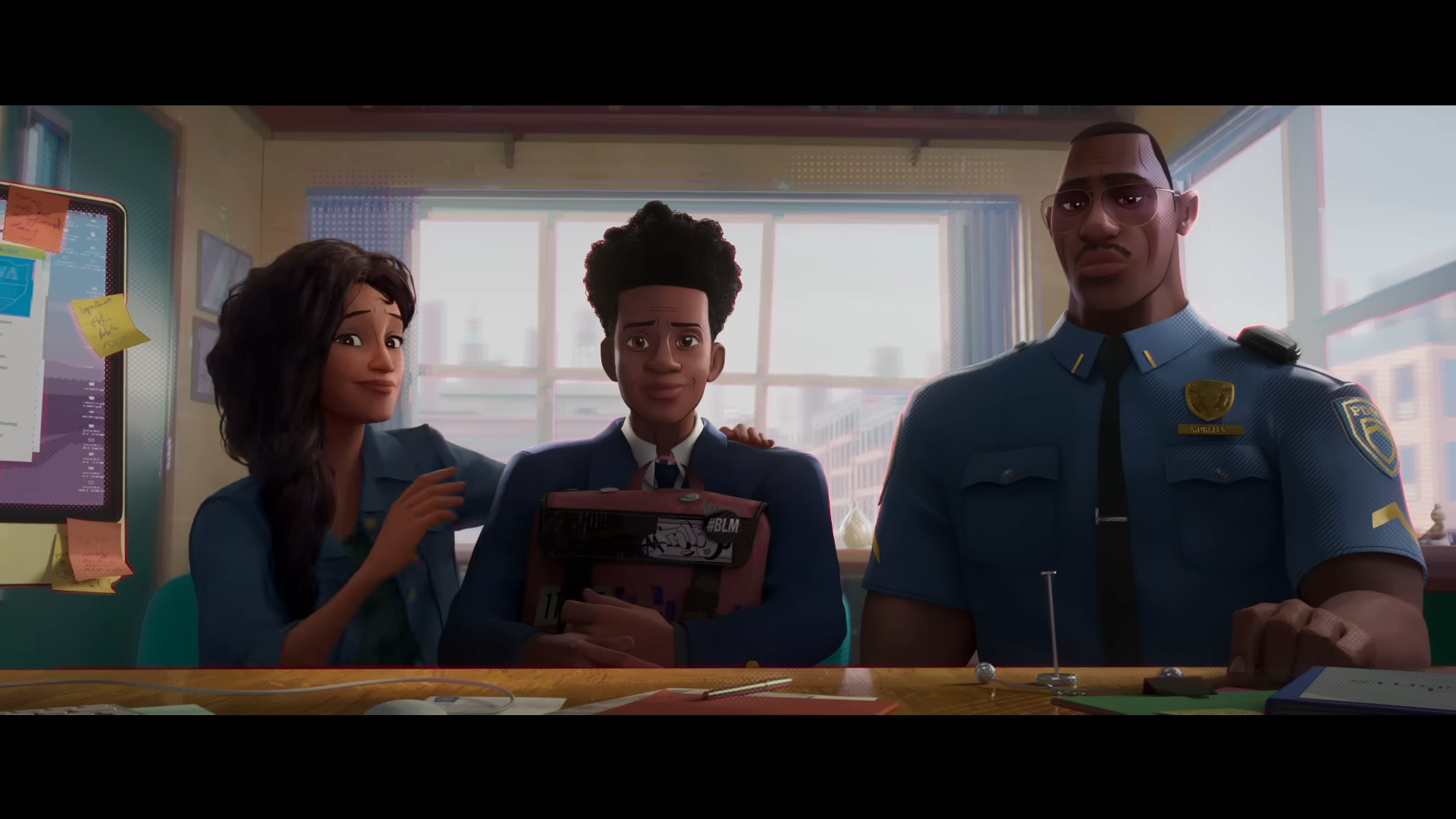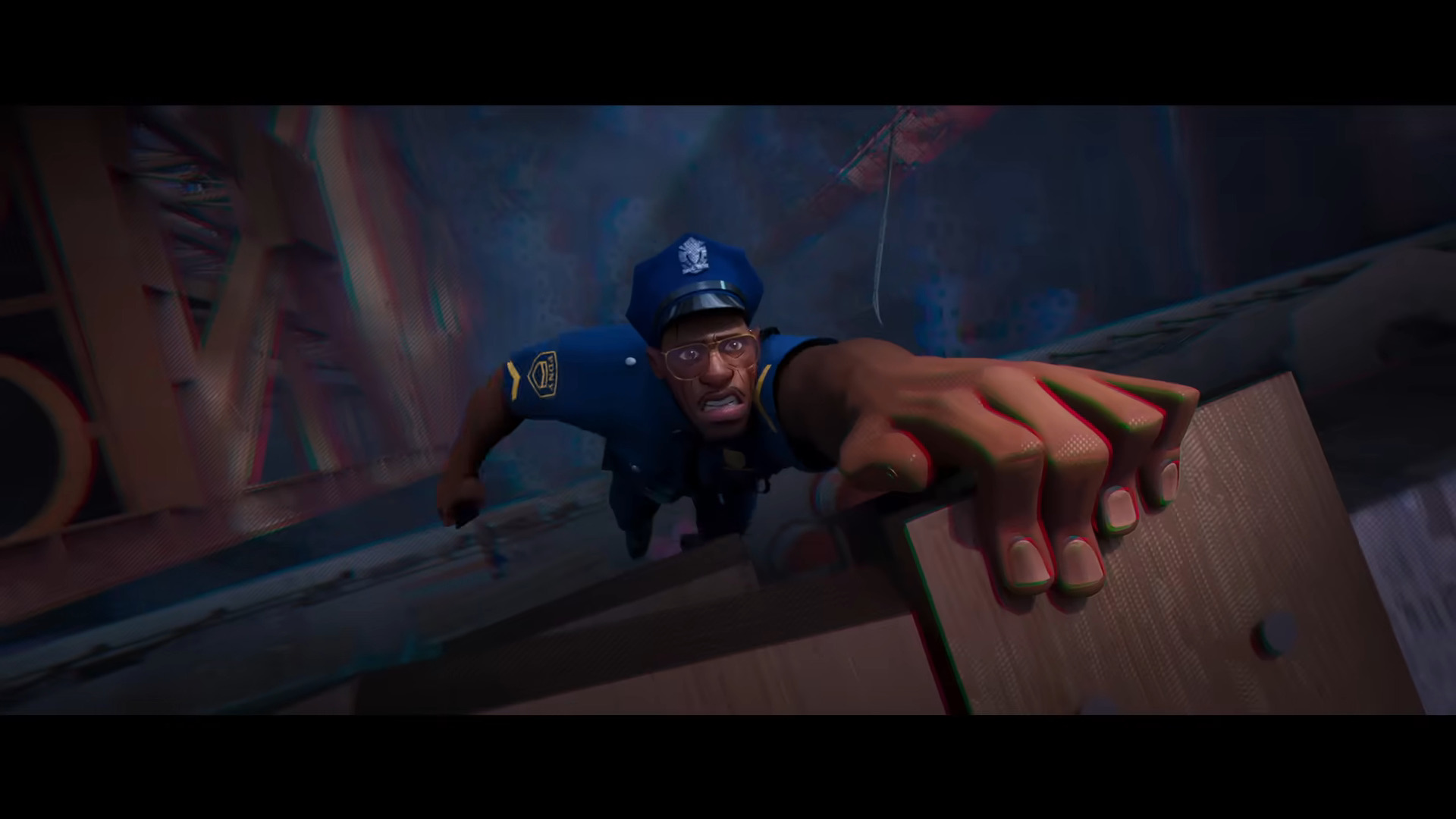‘Spider-Man: Across The Spider-Verse’ Co-Writer Christopher Miller Attempts To Relieve Creeping Multiverse Fatigue, Says Film “Really Is A Story About A Family”

In an age where fans are continually growing evermore disillusioned with the once novel concept of ‘comic book multiverses’, Spider-Man: Across The Spider-Verse co-writer Christopher Miller recently moved to reassure fans that despite its smattering of interdimensional locales and characters, the film is, at it’s core, “a story about a family”.

Miller, who wrote the screenplay for the highly-anticipated animated sequel alongside his long-time filmmaking partner Phil Lord, spoke to Across The Spider-Verse’s core identity while attending the film’s May 30th premiere in Los Angeles.
Beginning by recalling his process in picking which characters to feature in the sequel and who to voice them, Miller explained to the The Hollywood Reporter’s Kirsten Chuba, “Who is the Spider-Person that I think is the coolest and I wish would like me and think I was cool? That was the objective.”

Having broached the subject of Across The Spider-Verse‘s expansive vision, Miller then turned to reveal that despite the bombastic ideas inherent within such a setting, “What’s interesting about the multiverse is that when anything is possible, it makes you have to boil things down to the things that actually matter in life, and the story and emotions and the relationships we have with the people we care about.”
As to how this concept of more ‘direct’ storytelling was utilized in the second film in Sony’s animated web-slinging trilogy, the director noted, “The wider it goes, the more it has to focus on Miles’ family and his relationship with Gwen and Peter. It can’t get too far; it really is a story about a family.”

Providing a brief tease of what this ‘family story’ would entail, actor Bryan Tyree Henry, who provides the voice of Miles’ father Officer Jefferson Davis, chimed in that when audiences first meet back-up with Miles, he, his father, and his mother are “all dealing with grief; they’re all trying to figure out how to raise this teenage son.”
“But the best thing about the Morales family is the heart,” the Eternals star concluded. “I think you get to see the love and the heart of this family in such a bigger way than you did in the first.”

Lord and Miller’s supposed decision to refrain from letting the sandbox of the multiverse overrun their storytelling comes at a time when others, most notably those in charge of Warner Bros. Discovery’s DC Studios and Disney’s proper Marvel Studios, have begun to lean heavily into the concept as a marketing gimmick – after all, once a multiverse is in play, any and all alterations to a character can be market tested before being either promoted to the limelight (à la Miles himself) or conveniently handwaved away as nothing more than a simple ‘variant’.
And in a slightly ironic twist, this latest trend would not have occurred had it not been for Into The Spider-Verse taking a ‘leap of faith’ on bringing the multiverse to the mainstream.

In a separate interview with Empire Magazine (via SlashFilm) given ahead of Across The Spider-Verse’s premiere, Lord noted that while, “There’ve been a bunch of multiverse things since ours came out,” studios at the time “were nervous that audiences wouldn’t be able to follow this idea of parallel dimensions.”
“But audiences are smarter than people give them credit for,” he added. “[Into The Spider-Verse] opened the door for people to do things they wanted to do, but were afraid would be too out-there.”

Across The Spider-Verse webs its way into theaters on June 2nd.
NEXT: Marvel Uses Miles Morales Spider-Man And Anya Corazon Spider-Girl To Promote Use Of ‘Latinx’
More About:Movies
